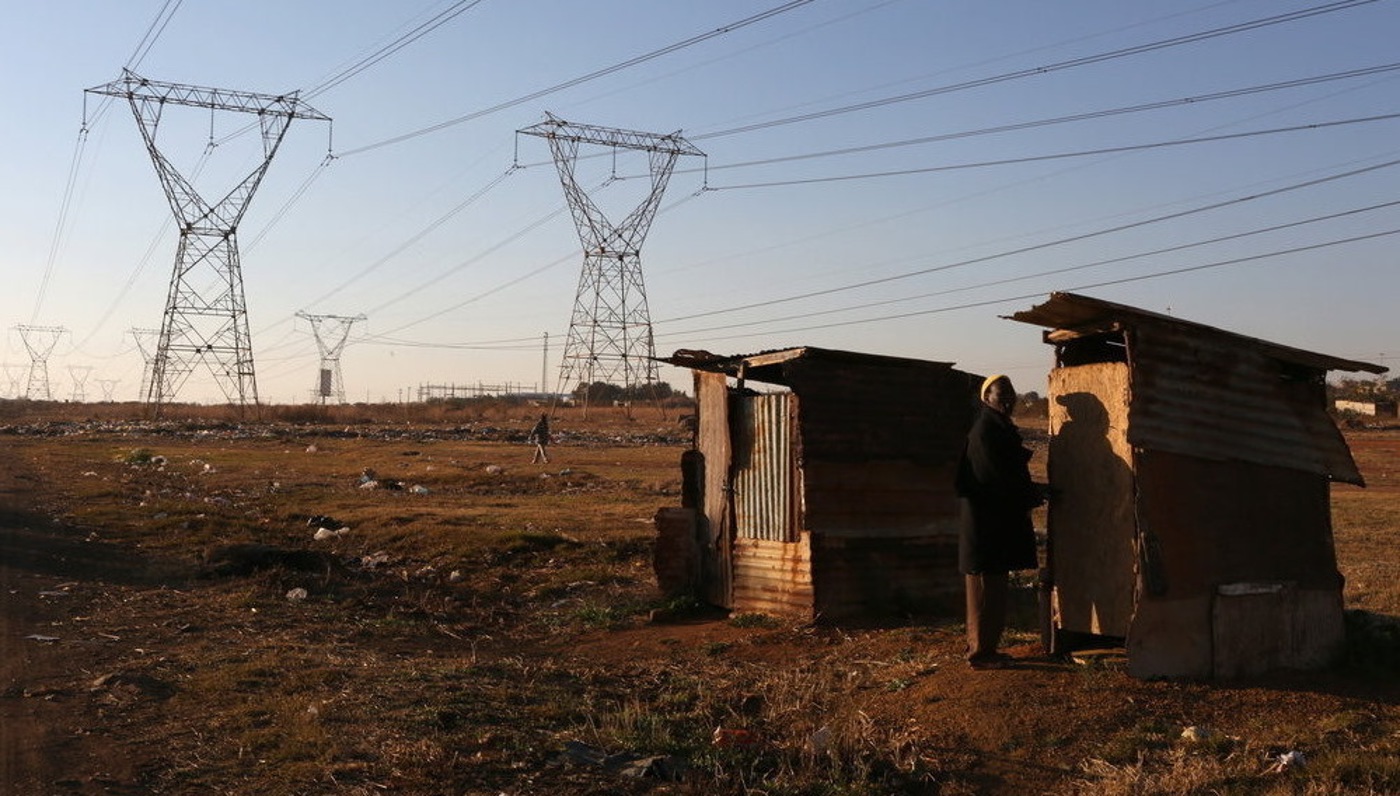
Project reference
20-0050-000-DSIF-eva-Danida
Contract duration
2020 - 2022
Budget
469,367
DKK 3.499.582 (469.367 €)
Countries
Bangladesh, Ghana, Mozambique, Viet Nam
Keywords
Energy, Industry & private sector development, Infrastructure, Monitoring & Evaluation
Evaluation of Danida Sustainable Infrastructure Finance Programme
DSIF provides concessional loans for funding of sustainable infrastructure projects, which cannot otherwise be financed on commercial terms in developing countries. The projects have to be sustainable, support the national development plans and contribute to sustainable growth and employment in line with the Sustainable Development Goals. The evaluation of DSIF served learning and accountability purposes for both the Investment Fund for Developing Countries (IFU)/DSIF and the Ministry of Foreign Affairs (MFA).
This evaluation had two objectives. The first objective was to assess DSIF’s relevance, coherence, effectiveness, efficiency, development impact and sustainability as well as commercial outcomes through its investments in developing countries. The evaluation applied the updated OECD/DAC evaluation criteria to DSIF investment projects. It involved an analysis of the project portfolio in terms of geographies, sectors and types of projects and funds, and the development of the portfolio composition over time. The evaluation included all DSIF activities since the last evaluation in 2002, although with an emphasis on the last ten years of operation. It included DSIF investments and, to the extent relevant, activities related to project preparation managed by DSIF.
The second objective was to assess the policy directions of the MFA and DSIF’s mandate over the evaluation period and provide an assessment of DSIF’s envisaged future role in Danish development cooperation, and whether the organisation was fit for purpose. During the evaluation period, Danish development policy had evolved, and expectations and requirements from the MFA towards DSIF had accordingly led to adjustments in the mandate. The evaluation took into account these changes in development policy and adjusted DSIF mandate when assessing its performance during the evaluation period, including changes in CSR/sustainability polices and the commercial framework under which this development finance instrument worked. The evaluation assessed the extent to which policy-driven initiatives derived from the Danish development policies had the potential to influence DSIFs portfolio, which was otherwise based on client demand. In this context the evaluation assessed the relevance of the adjustments made to the DSIF-mandate and, to the extent possible also, assessed whether the DSIF organisational set-up was Fit for Purpose, including risk management as well as results measurement and communication.
Case studies, including field visits were implemented in Bangladesh, Ghana, Mozambique, and Vietnam.
This evaluation had two objectives. The first objective was to assess DSIF’s relevance, coherence, effectiveness, efficiency, development impact and sustainability as well as commercial outcomes through its investments in developing countries. The evaluation applied the updated OECD/DAC evaluation criteria to DSIF investment projects. It involved an analysis of the project portfolio in terms of geographies, sectors and types of projects and funds, and the development of the portfolio composition over time. The evaluation included all DSIF activities since the last evaluation in 2002, although with an emphasis on the last ten years of operation. It included DSIF investments and, to the extent relevant, activities related to project preparation managed by DSIF.
The second objective was to assess the policy directions of the MFA and DSIF’s mandate over the evaluation period and provide an assessment of DSIF’s envisaged future role in Danish development cooperation, and whether the organisation was fit for purpose. During the evaluation period, Danish development policy had evolved, and expectations and requirements from the MFA towards DSIF had accordingly led to adjustments in the mandate. The evaluation took into account these changes in development policy and adjusted DSIF mandate when assessing its performance during the evaluation period, including changes in CSR/sustainability polices and the commercial framework under which this development finance instrument worked. The evaluation assessed the extent to which policy-driven initiatives derived from the Danish development policies had the potential to influence DSIFs portfolio, which was otherwise based on client demand. In this context the evaluation assessed the relevance of the adjustments made to the DSIF-mandate and, to the extent possible also, assessed whether the DSIF organisational set-up was Fit for Purpose, including risk management as well as results measurement and communication.
Case studies, including field visits were implemented in Bangladesh, Ghana, Mozambique, and Vietnam.
Partners
Particip (Lead)